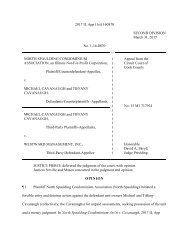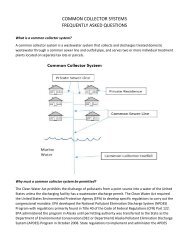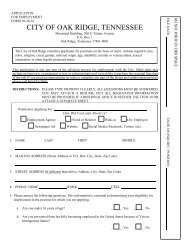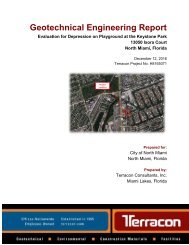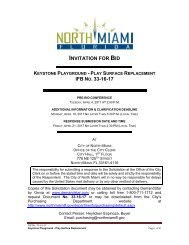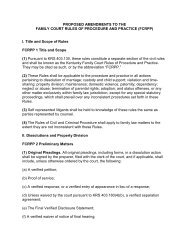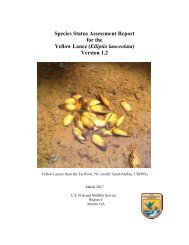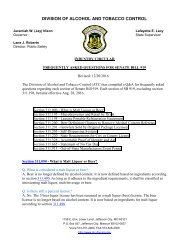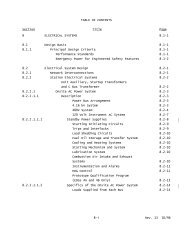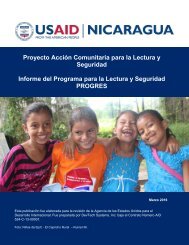COMMUNITY DISPUTE RESOLUTION IN TIMOR-LESTE
PA00MJQC
PA00MJQC
You also want an ePaper? Increase the reach of your titles
YUMPU automatically turns print PDFs into web optimized ePapers that Google loves.
EXECUTIVE SUMMARY<br />
This Access to Justice Brief reviews the use of community dispute resolution mechanisms in Timor-<br />
Leste and considers how they can be used to improve access to justice.<br />
The Brief provides an overview of community dispute resolution, the types of matters dealt with,<br />
procedures followed, and the existing legal framework for them, including current linkages to the<br />
formal justice sector. It then analyses current community dispute resolution practices from an access<br />
to justice and human rights perspective. It asks to what extent the use of these mechanisms<br />
contributes to access to justice and to what extent they currently raise difficulties in terms of access<br />
to justice and compliance with human rights standards. Finally, the Brief considers some of the efforts<br />
in Timor-Leste directed at establishing formal linkages between the formal and informal justice<br />
sectors, or for regulating community dispute resolution, and considers their strengths and<br />
weaknesses.<br />
Potential to better utilise community justice<br />
The Brief notes the ubiquitous nature of community dispute resolution mechanisms in Timor-Leste.<br />
These mechanisms offer some significant advantages in terms of accessibility and community<br />
acceptance. However little information is available about the procedures followed, and minimal<br />
guidance is currently provided by Timorese law. The relationship between community procedures and<br />
the criminal justice system is poorly understood.<br />
The Brief concludes that there is significant potential to harness community dispute resolution<br />
procedures to resolve civil compensation claims and promote community reconciliation, including<br />
where parallel criminal proceedings are initiated. Where a public crime is alleged these proceedings<br />
run in parallel to a trial and should not prejudice it. Where a semi-public crime is alleged, community<br />
mechanisms may lead to the withdrawal of a complaint and the termination of criminal proceedings.<br />
Establishing systems to promote this form of diversion from the formal justice system for semi-public<br />
crimes would assist to reduce the strain on courts and court actors.<br />
Human rights challenges in community dispute resolution<br />
Despite this positive potential, care is needed to ensure that community mechanisms comply with<br />
human rights standards under the Timorese Constitution and international law. These basic standards<br />
should be applied, particularly where there is any doubt about the voluntariness of the procedures<br />
used or the outcome of the procedure. Challenges in effectively monitoring these mechanisms mean<br />
that little information is available about the procedures involved. However potential areas for concern<br />
include ensuring:<br />
• that community mechanisms do not operate in practice to prevent access to the formal courts:<br />
participants must have an informed and free choice to use local procedures rather than the formal<br />
justice system;<br />
• that community leaders involved in facilitating community-based procedures are independent<br />
and impartial (something which may at times become difficult in small communities);<br />
• that community procedures are held in private in appropriate cases, including those concerning<br />
children or vulnerable participants;<br />
• that any substantive principles used to reach an outcome in a community-based procedure<br />
comply with human rights standards, including prohibitions on gender discrimination.<br />
Human rights challenges relating to local regulations<br />
One issue raised as a special area of concern is the use of informal justice procedures in communities<br />
to implement local regulations (sometimes called “tara bandu”) which effectively criminalize and<br />
sanction certain types of behavior. While this practice certainly may have the possibility to reduce<br />
local conflict, communities and those working with them should ensure that their activities comply<br />
with Timorese law and international human rights standards. In this regard it is noted that Timorese<br />
v



